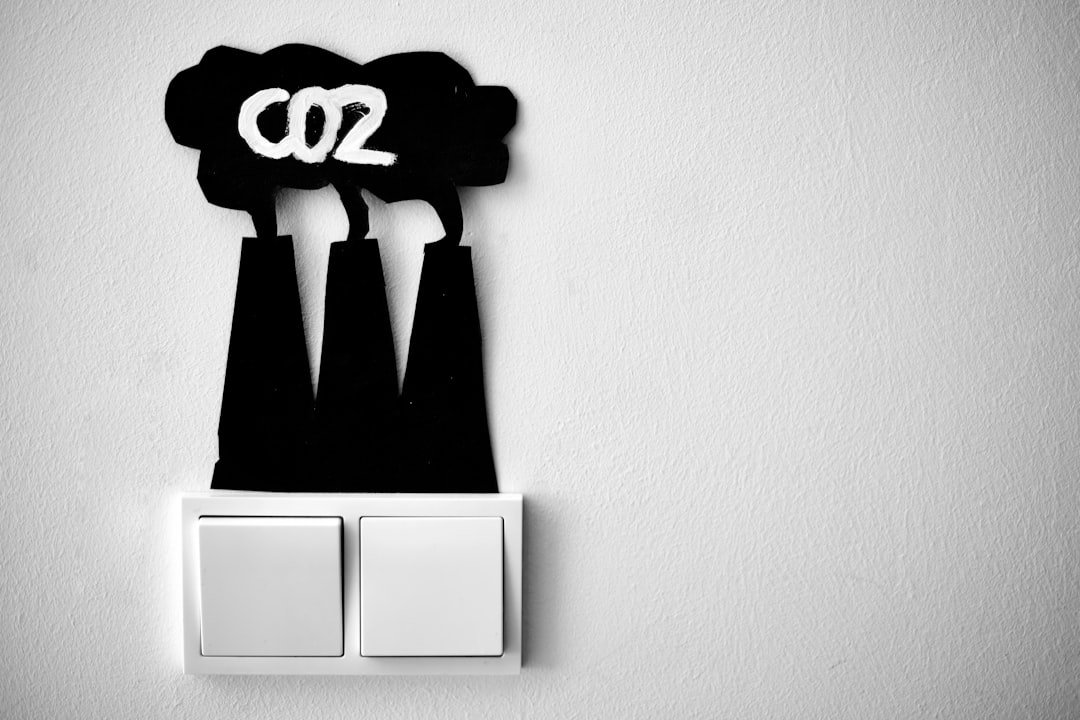What is it about?
In the Kingdom of Saudi Arabia (KSA), millions of worshippers come from across the globe to perform religious rituals of Pilgrimage (Hajj) and Umrah. Madinah-tul-Munawara is one of the holiest city, where pilgrims come after performing rituals in Makkah. In this city, most of the collected municipal solid waste (MSW) is disposed of in the landfills after a partial recycling of paper, cardboard, and metals (~10-20% of total MSW). The Saudi’s government has recently launched a new policy of Vision 2030, which outlined the safeguard of local environment through increased efficiency of waste recycling and management, pollution prevention strategies and generating renewable energy from indigenous sources, including the waste. Currently, the recycling practices in KSA are mainly regulated by an informal sector through waste pickers or waste scavengers. This has led to the need of recycling schemes, especially in the holiest cities of Makkah and Madinah through a public-private partnership (PPP). Huge amounts of energy can be conserved, that would otherwise be spent on raw material extraction, transportation, and manufacturing of materials, through recycling into the same materials. Around 10,009 TJ of energy can be saved through recycling of 24.21% of MSW in Madinah city, including glass, metals, aluminum, cardboard, and paper. It is estimated that around 10,200 tons of methane (CH4) emissions and 254,600 Mt.CO2 eq. of global warming potential (GWP) can also be saved. In addition, carbon credit revenue of US $5.92 million, and landfill diversion worth of US $32.78 million can be achieved with a net revenue of US $49.01 million every year only by recycling 24.21% of MSW in Madinah city. The waste recycling doesn’t require high technical skills and labor, and complicated technologies for large-scale implementation, and therefore, can be implemented easily in the holiest cities of Makkah and Madinah to achieve multiple economic and environmental benefits.
Featured Image
Read the Original
This page is a summary of: Energy, Economic and Environmental Savings by Waste Recycling: A Case Study of Madinah City, Energy Procedia, December 2017, Elsevier,
DOI: 10.1016/j.egypro.2017.12.146.
You can read the full text:
Contributors
The following have contributed to this page










